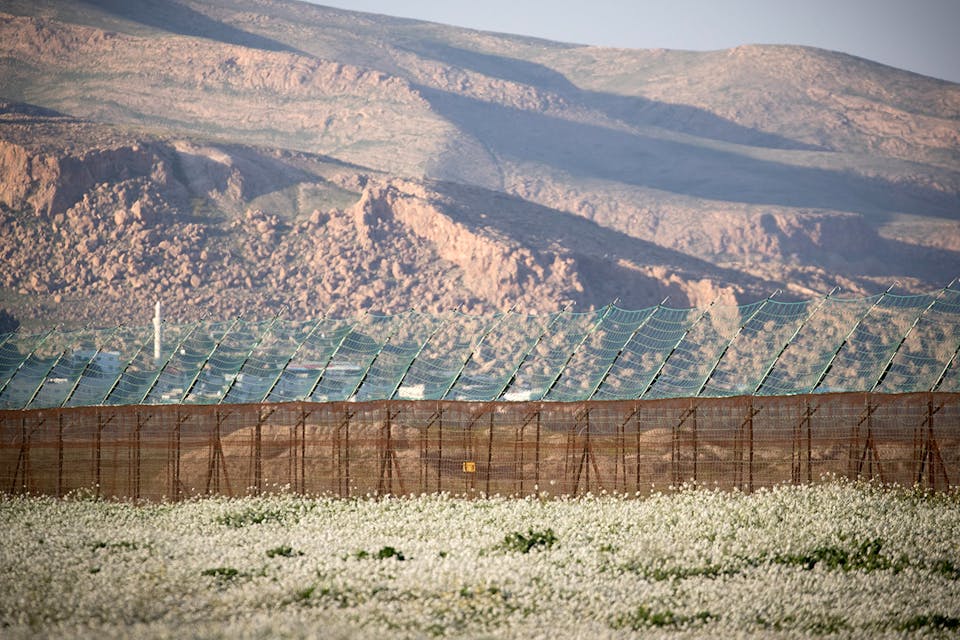
June 23, 2020
Wilf: Israel’s Final Border
Israel is near the end of a long journey to set its permanent borders. That's what the annexation debate is really about.
Israel is near the end of a long-term journey to set its final borders. The current discussion about a possible Israeli decision to extend its sovereignty over some territories west of the Jordan River—also known as annexation of parts of the West Bank—should be understood in this context. What’s going on now is less about the grand reckoning between competing visions of the Jewish state that some portray it as; it’s really more about the setting of Israel’s last frontier.
At its birth in 1948, Israel did not have a single settled border, except perhaps with the non-belligerent Mediterranean Sea. Having failed in war to prevent the Jews of the land from attaining independence in the land, Israel’s Arab neighbors refused to accept their failure. Rather than peace, the most they were willing to concede was a cease-fire in an ongoing war.
Thus the agreements negotiated to end the Arab-Israeli war of 1948 were specifically designated cease-fire agreements, meant to provide the Arab side with an opportunity to regroup in order to resume the war against the young state at a later stage (which they attempted and failed to do several times in subsequent years, failing most spectacularly in 1967). After 1949, Israelis proceeded to build their country within those cease-fire lines, but acting as if they were borders did not make them so. Neither does the act of referring to the 1948 cease-fire lines as “pre-1967 borders”; Israel’s Arab neighbors did not recognize them as borders.
Responses to June ’s Essay
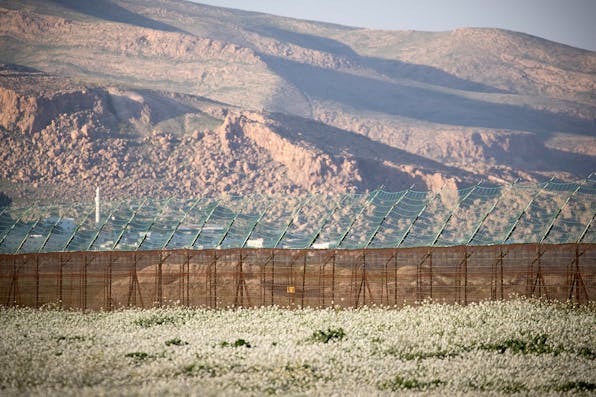
June 2020
Wilf: Israel’s Final Border
By Einat Wilf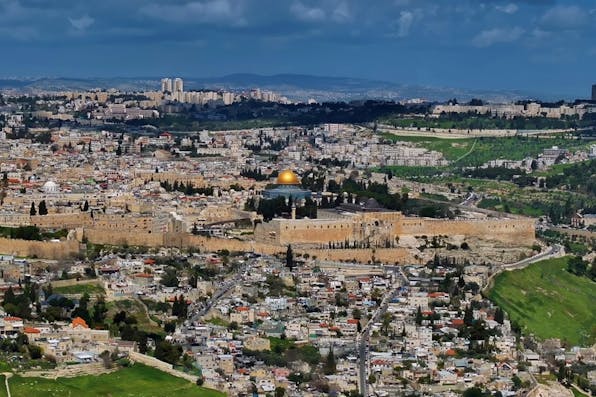
June 2020
Kontorovich: Israel Should Act Now
By Eugene Kontorovich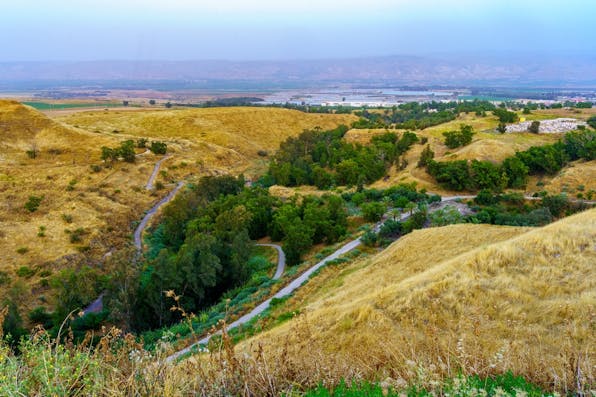
June 2020
Hacohen: Israel’s Security Interests in the West Bank
By Gershon Hacohen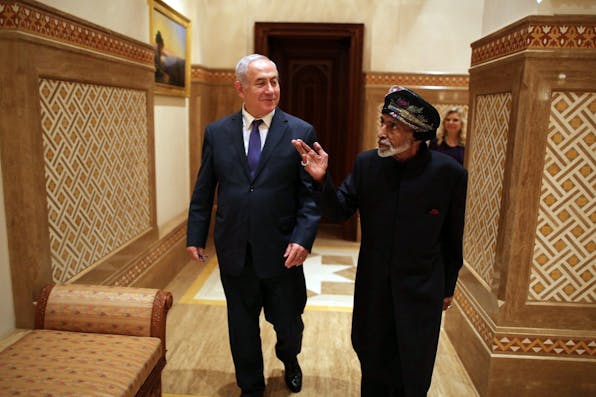
June 2020
Mor: Annexation Would Be a Missed Opportunity
By Shany Mor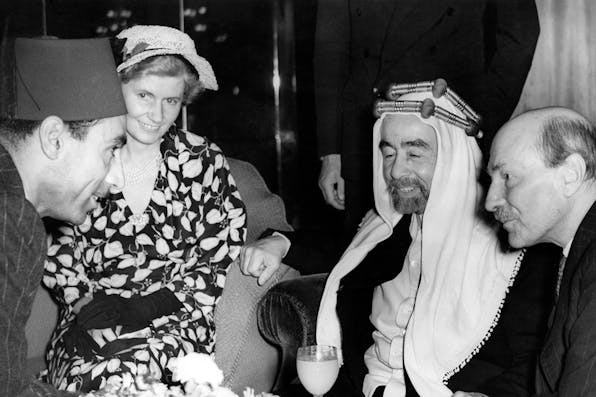
June 2020
Kramer: The West Bank Was Annexed Once Before. It Ended in Regret.
By Martin Kramer